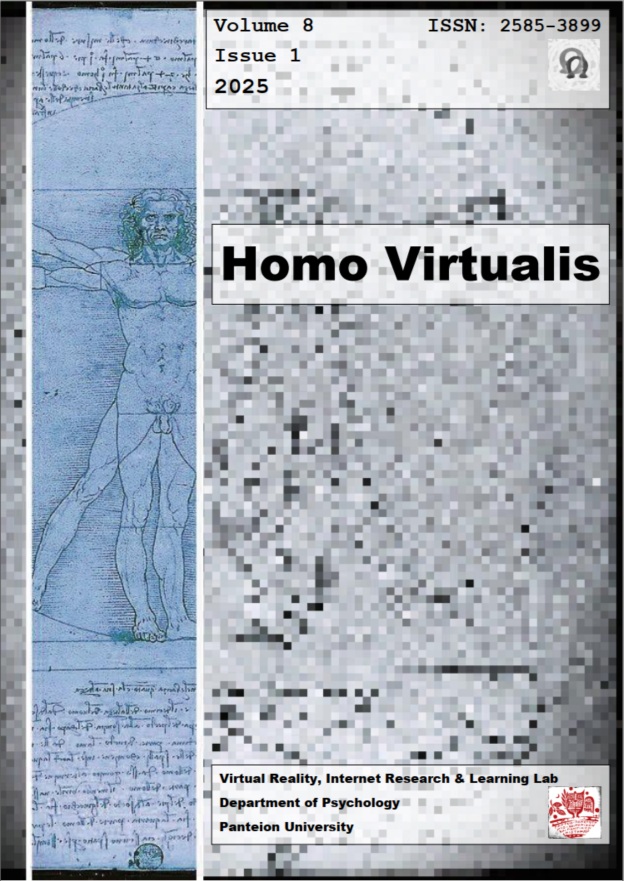Resistance to technological change: Factors that shape it and ways to deal with it
Abstract
The study of resistance to change is a perennially interesting and broad research field. In this modern era of daily changing reality where people are called upon to adapt to the rapid developments due to the use of new internet technologies at all levels of everyday life, work, entertainment, all types of transactions and activities, it is considered necessary to find solutions to reduce technological resistance and adapt society to digital transformation. In particular, in the field of education and from the perspective of teaching and pedagogical practice but, mainly, from the deeper socio-psychological study that concerns all those involved in the field of education, the development of new skills and behaviors towards the use of new technologies and the digitization of knowledge and services is imperative. However, it is not always easily accepted by everyone. This paper examines the concept of resistance to technology in relation to the changes it brings. In particular, a socio-psychological approach to the concept of technological resistance is presented in relation to the obstacles observed at an individual and social level in accessing and utilizing technology. Τhe factors that lead to resistance to technological change are analyzed and ways of substantial and effective management are proposed with the aim of limiting and ideally eliminating it.
Article Details
- How to Cite
-
Petimeza, P. (2025). Resistance to technological change: Factors that shape it and ways to deal with it. Homo Virtualis, 8(1), 23–33. https://doi.org/10.12681/homvir.40951
- Section
- Articles

This work is licensed under a Creative Commons Attribution 4.0 International License.
Authors who publish with this journal agree to the following terms:
· Authors retain copyright and grant the journal right of first publication with the work simultaneously licensed under a Creative Commons Attribution License that allows others to share the work with an acknowledgement of the work's authorship and initial publication in this journal.
· Authors are able to enter into separate, additional contractual arrangements for the non-exclusive distribution of the journal's published version of the work (e.g. post it to an institutional repository or publish it in a book), with an acknowledgement of its initial publication in this journal.
· Authors are permitted and encouraged to post their work online (preferably in institutional repositories or on their website) prior to and during the submission process, as it can lead to productive exchanges, as well as earlier and greater citation of published work.



